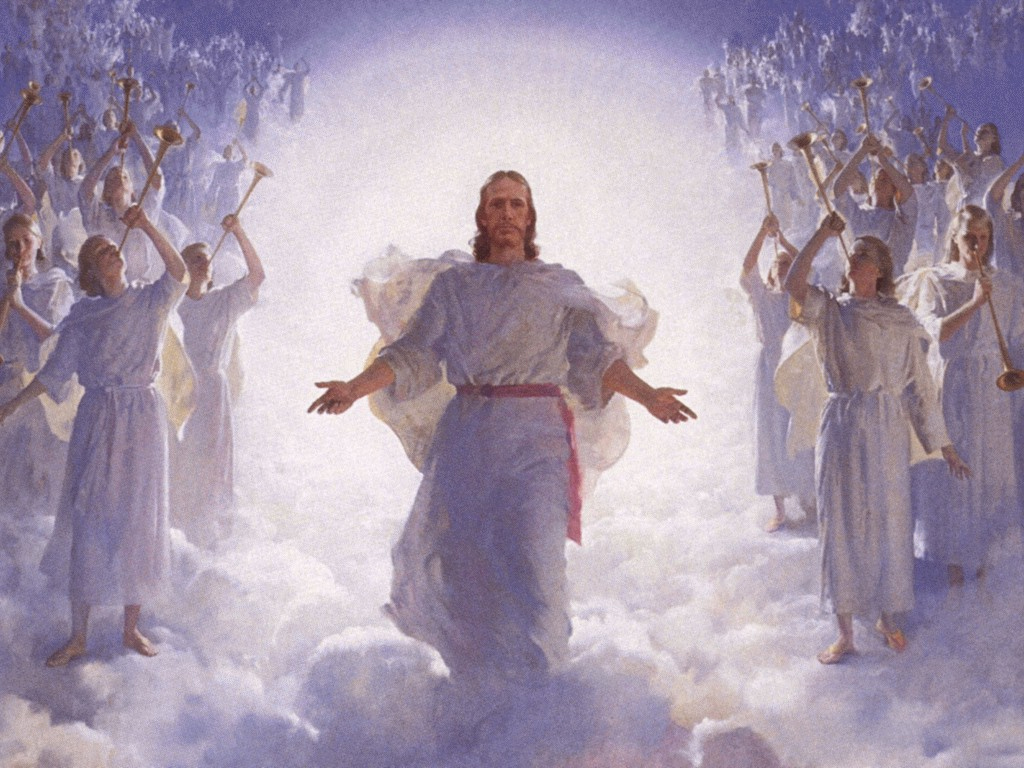Gospel Reading: Matthew 19:14 (KJV)
‘But Jesus said, Suffer little children, and forbid them not, to come unto me: for of such is the kingdom of heaven.’
Reflection On The Gospel
In this verse of Matthew’s Gospel, Jesus emphasizes the value and importance of children in the eyes of God. Jesus welcomes children with open arms and assures us that the kingdom of heaven belongs to such as these. This message highlights the need to care for and protect children, especially those who are most vulnerable. Jesus’ compassion for children is a powerful reminder of our responsibility to ensure children’s well-being and to provide them with the love and support they need.
Reflection On Children Living In Poverty
In England, in the UK, childhood poverty impedes the children’s physical, emotional, educational and spiritual development. Lack of access to nutritious food, warmth, and basic, decent clothing are daily struggles for many. Our children often endure harsh living conditions and limited opportunities. There is a need to break the cycle of poverty. There are hundreds of thousands of such children, who are hungry. As a Church, irrespective of denomination, may we pray for these children, and do what we can individually and as a society to help them.
Prayer
Heavenly Father, I ask your help for children living in poverty. These precious souls face hardships that no child should ever endure. I pray for your protection and provision over their lives. Grant them access to the food and warmth and a home they need to grow and thrive. Surround them with caring individuals who can offer love and practical support. May your grace and mercy uplift them, giving them hope and a future. In Jesus’ name, I pray. Amen.

Meditation On The Prayer And Gospel
Jesus’ words in Matthew 19:14 resonate deeply as I meditate on the importance of caring for children, especially those in poverty. Jesus calls us to welcome and nurture children, seeing in their innocence and vulnerability a reflection of the kingdom of heaven. This call to action challenges me to consider how I can be a source of support and encouragement to the young ones.
In Luke 18:16, Jesus says, ‘But Jesus called them unto him, and said, Suffer little children to come unto me, and forbid them not: for of such is the kingdom of God.’ This verse emphasizes the special place children hold in God’s heart. By extending compassion and assistance to children in need, we are not only following Jesus’ example but also participating in the work of the kingdom of God.
I consider the story of the Good Samaritan in Luke 10:25-37. This parable teaches us to show mercy and compassion to those in need, regardless of background or circumstance. As I reflect on this story, I am reminded that true neighborliness involves active efforts to alleviate the suffering of others. This commitment to compassion and action is to be essential to living out my faith.
Additional Prayer
Lord Jesus, thank you for your boundless love and compassion for all children. Help me to see the world through your eyes and to respond with empathy and action to the needs of the poor. Guide my steps as I seek ways to support and uplift these young ones. May my efforts, no matter how small, contribute to their well-being and bring glory to your name. Amen.
Closing Scripture Reading: Proverbs 22:6 (KJV)
‘Train up a child in the way he should go: and when he is old, he will not depart from it.’
Our Blessing
May the love and compassion of Christ fill our hearts as we work to support children living in poverty. May we be instruments of God’s grace, providing hope and opportunities for these precious souls. May we go forth in love, carrying God’s light into the world and making a difference in the lives of the most vulnerable. Amen.








